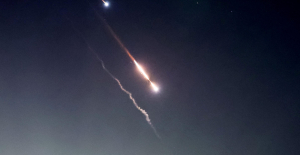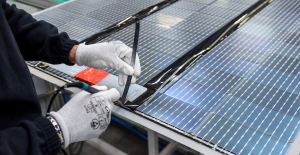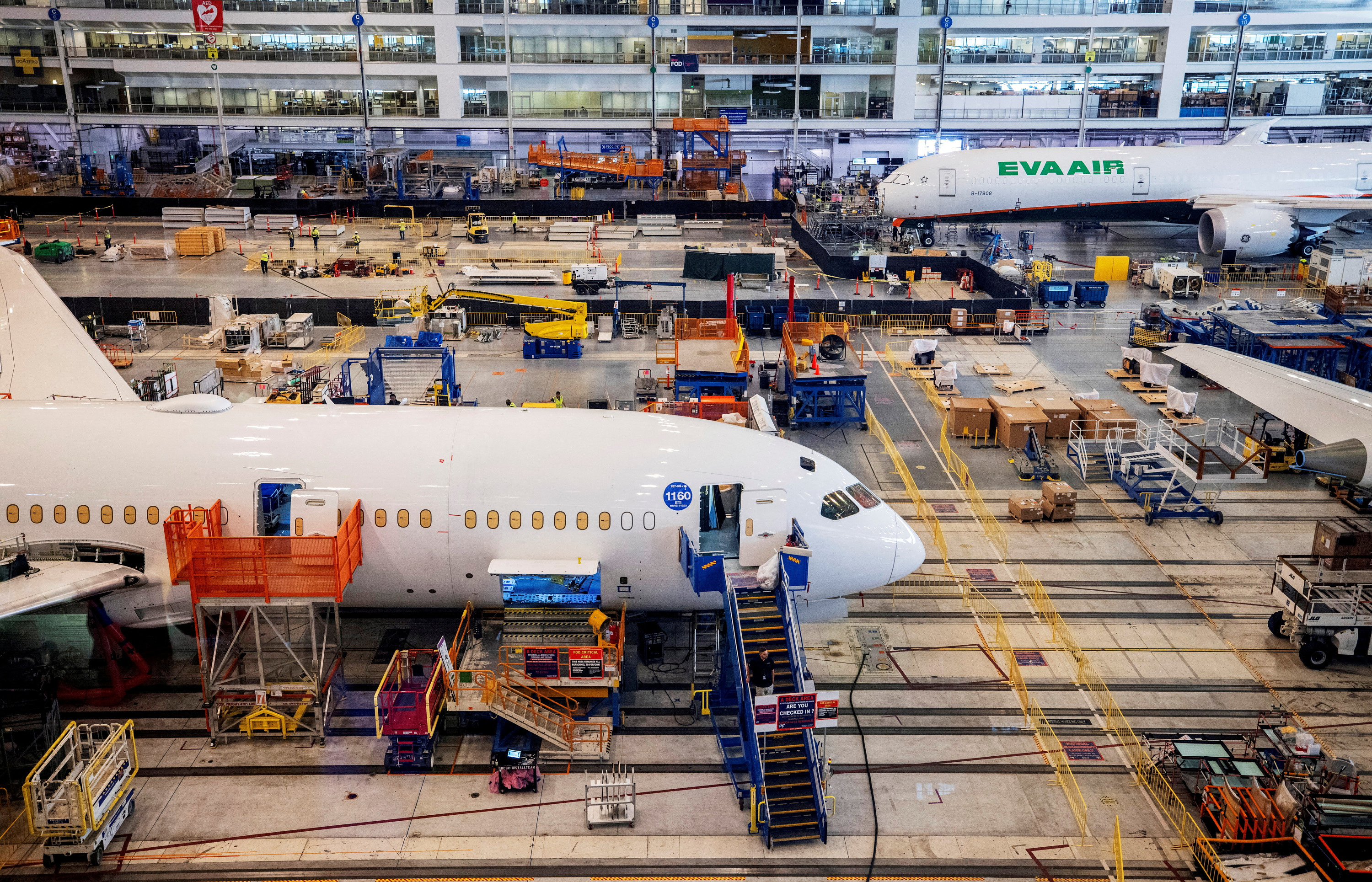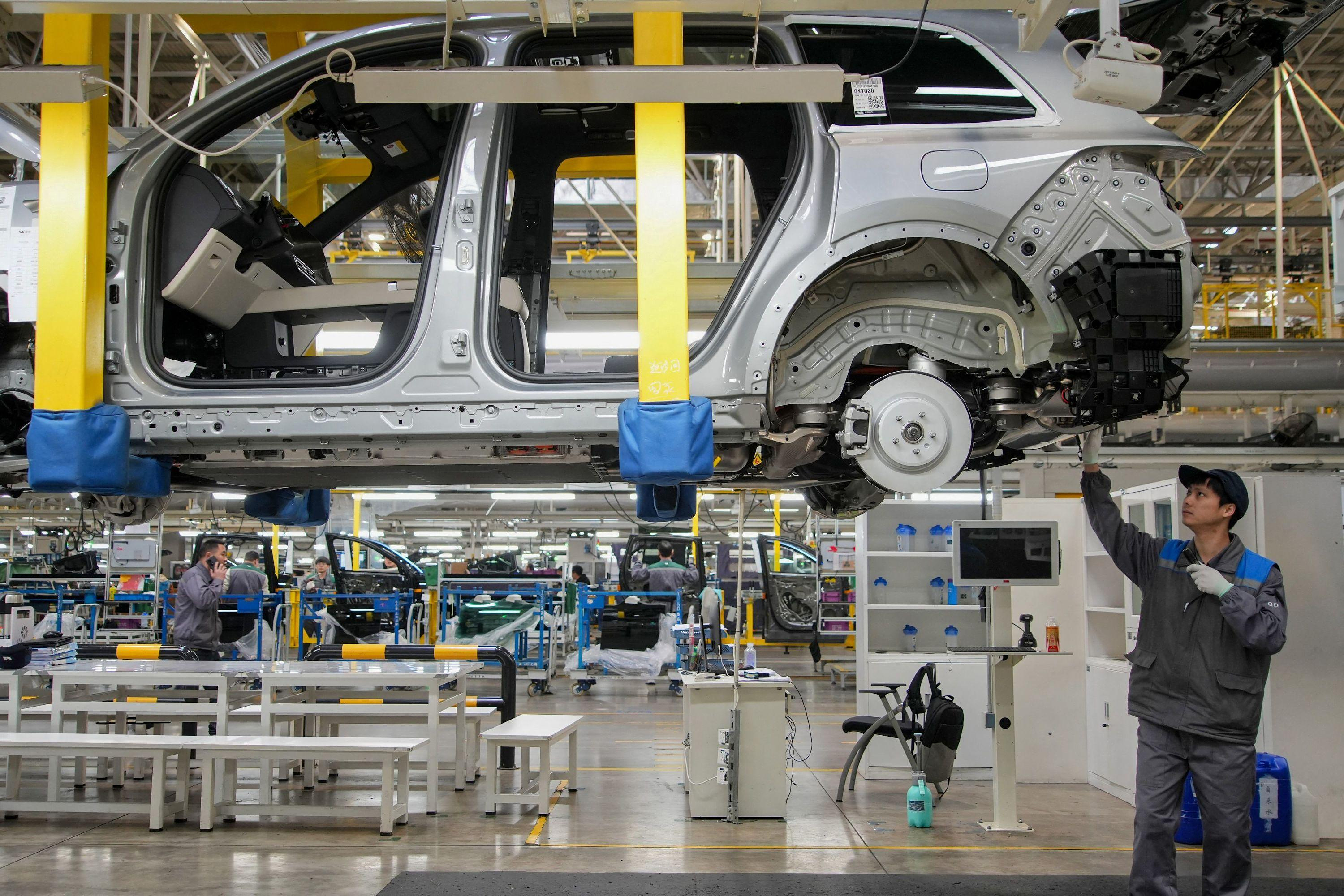Germany's waste incineration plants (MVA) are threatened with a standstill due to the current energy crisis. There is enough rubbish and oil and gas for heating and firing the ovens is not the most urgent issue due to the status of the systems as critical infrastructure. However, a shortage of ammonia, which is needed for the filters for flue gas cleaning in the garbage works, is currently developing into a problem.
Ammonia is a chemical compound of nitrogen and hydrogen and is typically one of the most produced chemicals in the world. In Germany and Europe, however, energy-intensive production has recently been significantly reduced - because of the high gas price.
According to the Norwegian industry giant Yara, Europe-wide capacity utilization was just 35 percent at the end of August. Especially since SKW Piesteritz in Saxony-Anhalt recently shut down several systems.
The direct consequence is now delivery failures at the waste incineration plants. “Many plant operators are currently only receiving short-term commitments. In the past, you could plan orders for ammonia-based reducing agents such as ammonia water or urea solution up to a year in advance, but manufacturers and suppliers now often only guarantee them from week to week,” says Carsten Spohn, Managing Director of the Interest Group for Thermal Waste Treatment Plants in Germany ( ITAD), versus WELT.
“But if the reducing agents are no longer available, then we have a problem in Germany. Because we urgently need these substances for denitrification of the exhaust gases in order to be able to comply with the legal limit values for flue gas treatment."
The systems would continue to run without denitrification, in which nitrogen monoxide and nitrogen dioxide are converted into the harmless substances nitrogen and water.
This also distinguishes this case from the substance AdBlue, which is produced in a similar way and is also difficult to obtain, the exhaust gas cleaner for diesel engines in cars and trucks, for example. Because newer vehicles can no longer be started without AdBlue.
But despite the theoretical possibility, no plant operator will make use of it. "Then the emissions at the chimney can quickly exceed the permissible nitrogen oxide limit by a factor of two," says Spohn.
A violation of the strict requirements of the so-called 17th regulation for the implementation of the Federal Immission Control Act (BImSchV) is punishable by law.
"So the site managers of the incineration plants will shut down the boilers immediately if the limit value is exceeded," announced a spokesman for EEW Energy from Waste, the company with the most waste incineration plants in Germany.
Special permits from the authorities are therefore necessary. But unlike coal-fired power plants, for example, they have not existed so far - although time is pressing, as the example of EEW shows.
"On average across the 15 plants of the EEW Group in Germany, the maximum amount of ammonia that can be stored is between eight and 15 days," says the spokesman. So if deliveries fail, this buffer would be used up quickly. And the responsible authorities are also aware of this, according to ITAD.
"We have been warning politicians and authorities for a long time that an emergency could arise," says Spohn. “So the problem has been addressed and is known. The weighing processes are now under way at the federal government and in the individual federal states, which would ultimately have to order the continued operation of the systems if the limit values cannot be met.”
Spohn is "cautiously optimistic" that politicians will still react in an emergency and continue to allow the plants to be operated with a special permit in order to ensure safe disposal. Because then it's about nothing else.
"Politicians are faced with weighing up whether the garbage will remain in Germany or whether they will temporarily allow more emissions," summarizes Peter Kurth, President of the Federal Association of German Waste Management, Water and Recycling Management (BDE). He demands an advance resolution from the approval authorities and is stunned by their hesitant attitude.
“Politics are currently ducking away. This is neither fair nor appropriate to the situation. We have to avoid a disposal emergency and create legal certainty for the plant operators.”
Especially since waste exports are not an issue. "Anyone who thinks that we can shift this problem abroad is wrong," says Kurth, which means that completely different problems arise when waste incineration plants in this country are idle.
In fact, in many regions, part of the energy supply depends on the 66 plants nationwide, which can incinerate almost 21 million tons of waste every year. District heating and electricity for millions of households are also produced.
In Munich, for example, ten percent of the district heating used comes from the local waste incineration plant, in Nuremberg it is even around 20 percent of the district heating and ten percent of the electricity that is generated from waste incineration.
"We expect general conditions from politicians under which we are always supplied with the necessary resources for the continued operation of our system-relevant systems," demands Bernhard Kemper, CEO of EEW.
This means above all the energy prices to ensure the production of ammonia. However, there is also a risk of shortages for other agents that are manufactured by the chemical industry.
"We also have a problem with the availability of other chemicals, such as hydrochloric acid or caustic soda," says Spohn. Both are needed to treat the feed water in the plants, which is used in the water-steam cycle to extract energy from electricity and district heating.
"Without this treatment, a boiler system cannot be operated due to the damage to be expected, because in the event of damage, a system will then be shut down for several months," says Spohn. And then there is even more of a huge problem with waste incineration and thus with the security of disposal.
But the industry is not exclusive to this problem. "The lack of chemicals in the treatment of feed water exists in all power plants with a water-steam cycle, including coal-fired power plants, for example."
"Everything on shares" is the daily stock exchange shot from the WELT business editorial team. Every morning from 7 a.m. with our financial journalists. For stock market experts and beginners. Subscribe to the podcast on Spotify, Apple Podcast, Amazon Music and Deezer. Or directly via RSS feed.

 Rishi Sunak wants a tobacco-free UK
Rishi Sunak wants a tobacco-free UK In Africa, the number of millionaires will boom over the next ten years
In Africa, the number of millionaires will boom over the next ten years Iran's attack on Israel: these false, misleading images spreading on social networks
Iran's attack on Israel: these false, misleading images spreading on social networks Iran-Israel: David Cameron wants the G7 to impose “coordinated sanctions” on Iran
Iran-Israel: David Cameron wants the G7 to impose “coordinated sanctions” on Iran New generation mosquito nets prove much more effective against malaria
New generation mosquito nets prove much more effective against malaria Covid-19: everything you need to know about the new vaccination campaign which is starting
Covid-19: everything you need to know about the new vaccination campaign which is starting The best laptops of the moment boast artificial intelligence
The best laptops of the moment boast artificial intelligence Amazon invests 700 million in robotizing its warehouses in Europe
Amazon invests 700 million in robotizing its warehouses in Europe Boeing tries to defuse the long-haul crisis
Boeing tries to defuse the long-haul crisis Solar panels: French manufacturer Systovi announces the cessation of its activities due to “Chinese dumping”
Solar panels: French manufacturer Systovi announces the cessation of its activities due to “Chinese dumping” Tesla: canceled in court, Musk's huge compensation plan will again be submitted to shareholders
Tesla: canceled in court, Musk's huge compensation plan will again be submitted to shareholders Two, three or a hundred euros: who are the most generous customers with tips?
Two, three or a hundred euros: who are the most generous customers with tips? Bruno Vandelli: one year suspended sentence required against the choreographer for corruption of a minor
Bruno Vandelli: one year suspended sentence required against the choreographer for corruption of a minor Jul fills the Stade de France and the Vélodrome in record time
Jul fills the Stade de France and the Vélodrome in record time Immersion among the companions of the Liberation
Immersion among the companions of the Liberation Provence-Alpes-Côte d’Azur releases several hundred thousand euros for the promotion of the work of Marcel Pagnol
Provence-Alpes-Côte d’Azur releases several hundred thousand euros for the promotion of the work of Marcel Pagnol Skoda Kodiaq 2024: a 'beast' plug-in hybrid SUV
Skoda Kodiaq 2024: a 'beast' plug-in hybrid SUV Tesla launches a new Model Y with 600 km of autonomy at a "more accessible price"
Tesla launches a new Model Y with 600 km of autonomy at a "more accessible price" The 10 best-selling cars in March 2024 in Spain: sales fall due to Easter
The 10 best-selling cars in March 2024 in Spain: sales fall due to Easter A private jet company buys more than 100 flying cars
A private jet company buys more than 100 flying cars This is how housing prices have changed in Spain in the last decade
This is how housing prices have changed in Spain in the last decade The home mortgage firm drops 10% in January and interest soars to 3.46%
The home mortgage firm drops 10% in January and interest soars to 3.46% The jewel of the Rocío de Nagüeles urbanization: a dream villa in Marbella
The jewel of the Rocío de Nagüeles urbanization: a dream villa in Marbella Rental prices grow by 7.3% in February: where does it go up and where does it go down?
Rental prices grow by 7.3% in February: where does it go up and where does it go down? Europeans: the schedule of debates to follow between now and June 9
Europeans: the schedule of debates to follow between now and June 9 Europeans: “In France, there is a left and there is a right,” assures Bellamy
Europeans: “In France, there is a left and there is a right,” assures Bellamy During the night of the economy, the right points out the budgetary flaws of the macronie
During the night of the economy, the right points out the budgetary flaws of the macronie Europeans: Glucksmann denounces “Emmanuel Macron’s failure” in the face of Bardella’s success
Europeans: Glucksmann denounces “Emmanuel Macron’s failure” in the face of Bardella’s success These French cities that will boycott the World Cup in Qatar
These French cities that will boycott the World Cup in Qatar Champions League: “It’s painful, but we have to learn,” says Arteta
Champions League: “It’s painful, but we have to learn,” says Arteta Champions League: “Madrid never dies”, says Ancelotti
Champions League: “Madrid never dies”, says Ancelotti Champions League: Manchester City played “exceptionally”, according to Guardiola
Champions League: Manchester City played “exceptionally”, according to Guardiola Champions League: video summary of the Manchester City-Real Madrid clash
Champions League: video summary of the Manchester City-Real Madrid clash


















